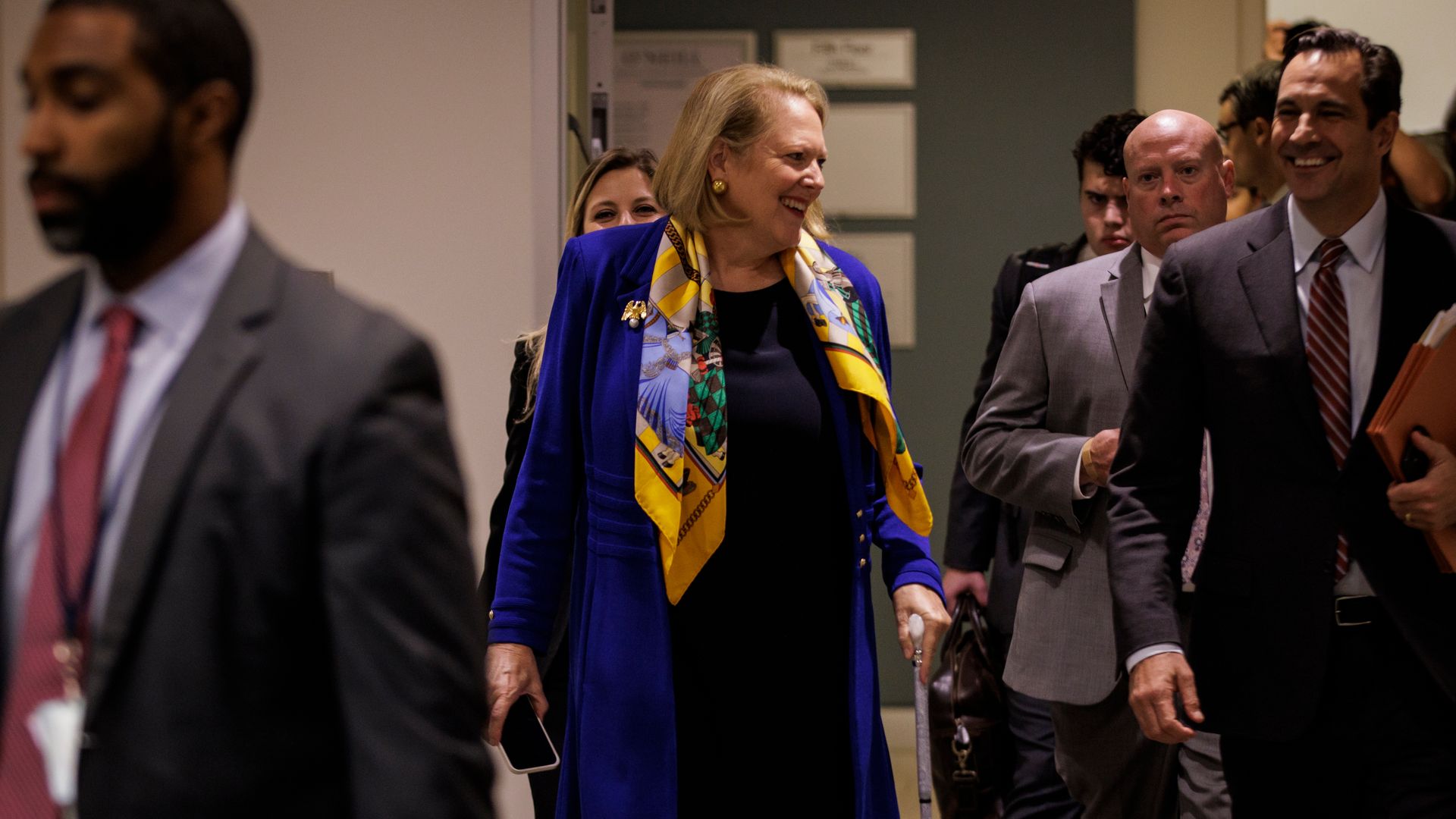| With the midterms fast approaching and lawmakers set to skip town for all of October, Congress is setting aside a lengthy list of major legislative fights for after Nov. 8, Axios' Andrew Solender reports. - "Members should be prepared for an extremely — underline extremely — busy agenda in the last two months of this Congress," Senate Majority Leader Chuck Schumer (D-N.Y.) said today.
Why it matters: The prospect of Republicans winning one or both chambers of Congress threatens to leave Democrats with a short runway to pass bills codifying marriage equality, banning lawmakers from trading stocks and preventing a Jan. 6 redux. - Some of this legislation is bipartisan, but a Republican majority would have its hands full in the first few months with its own legislative priorities — as well as a battery of planned probes into the Biden administration.
The budget: The most pressing matter members will have to deal with is hammering out an annual budget — or passing another stopgap bill — to avert a shutdown and ensure the government stays funded through the holidays. Marriage equality: A House-passed bill to codify the right to same-sex and interracial marriage was expected to go to a Senate vote this month, but Schumer punted it until after the election. - Senators whipping support for the bill asked Schumer for more time to gather at least 10 Republicans, and aides in both parties tell Axios that waiting until the election is over will let out political steam and pave the way for more GOP votes.
Jan. 6: The Senate is set to take up a bill to reform the Electoral Count Act of 1887 to make it harder to decertify presidential electors, clarify the vice president's role in the certification process as ceremonial, and minimize opportunities to send Congress competing electoral slates. - The Jan. 6 committee is also expected to release its final report in this window, including legislative recommendations.
Congressional stock trading: House Democrats' bill to curtail stock trading by members of Congress will be kicked until after the election amid uncertainty about whether the Democratic votes are there. Judges: President Biden has 44 nominees for the federal judiciary awaiting Senate confirmation, a task that could take on heightened urgency if Republicans win the Senate. There are 83 vacancies to fill in total. Between the lines: Democrats in both chambers have far more vulnerable incumbents than Republicans do, incentivizing them to stay out of session in the crucial weeks before the election to give members maximum time on the campaign trail. Share this story. | 








No comments:
Post a Comment